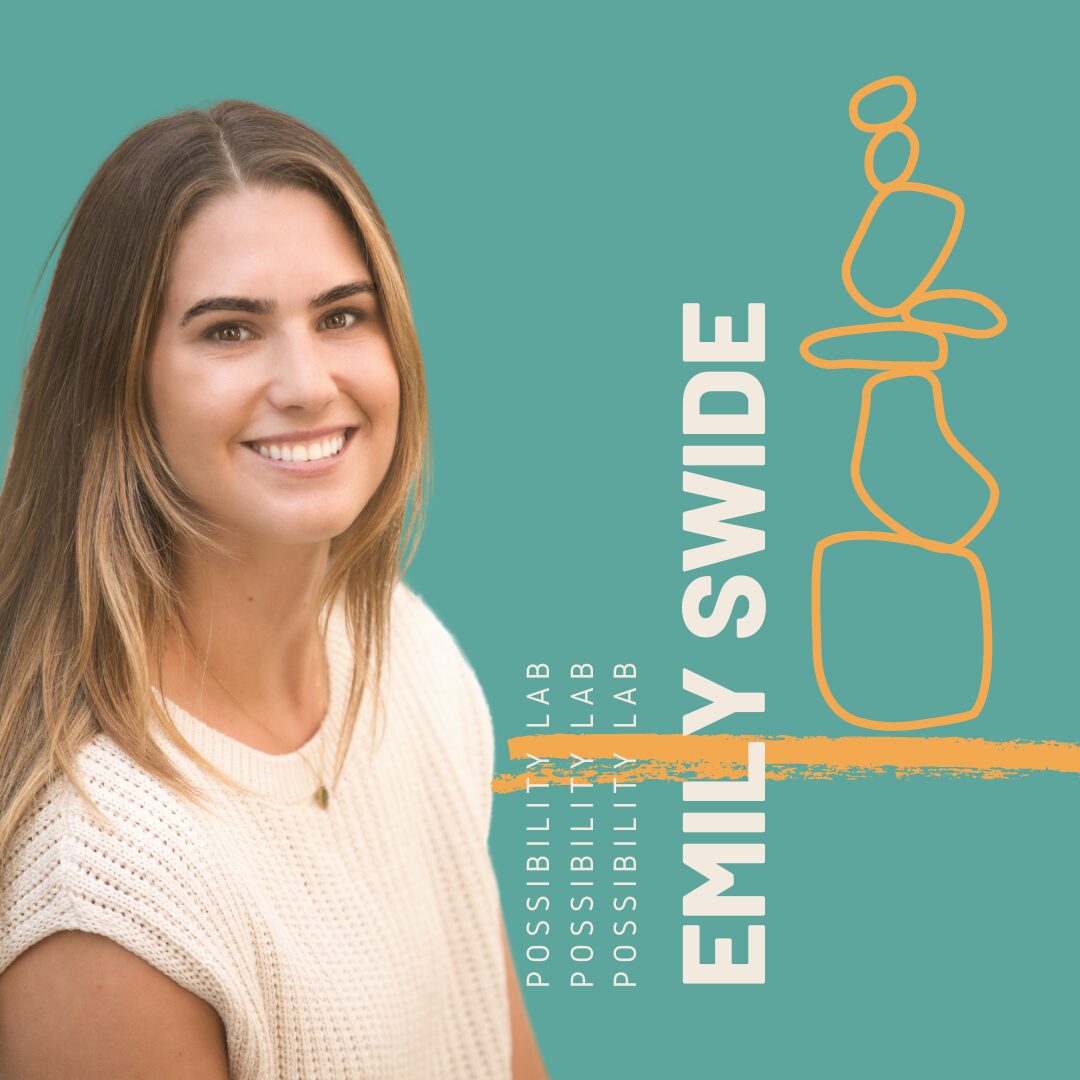Welcoming Mistakes, Celebrating Progress, and Finding the Time to Get it All Done: Managing the Lab is All This and More

This time last year I was walking across the graduation stage after completing my Master of Public Policy degree at UC Berkeley’s Goldman School of Public Policy. During my time at Goldman, I had the privilege of joining the Possibility Lab, a deeply inspiring team working collaboratively with government and community partners to conduct applied, community-engaged research. As a graduate student researcher, I accomplished a lot that first year, from teaching students at San Quentin Prison how to conduct community-based research in their own environment to partnering with the Alameda County Public Defender’s Office to improve access to voting inside Santa Rita Jail.
When Professor Amy Lerman, executive director of the Possibility Lab, asked me to stay on following graduation and help grow the Lab’s impact as chief of staff, I didn’t hesitate. I was excited by the opportunity. I saw it as a way to leverage my education with my past professional experiences in the California Governor’s Office and on several political campaigns, where I was constantly in a position to organize really complex environments into systems that made sense and impact. Looking back on this last year, I’ve grown professionally and learned a few things:
1. Lean into uncertainty: “Lean in” can sound buzzy, but for a good reason—you just have to do it sometimes. There are a lot of uncertainties happening in a fast-growing organization, from developing long-term funding and future partnerships to solving the age-old question, “What does success really look like?” In this uncertainty lies something really exciting (and, albeit, cliche): opportunity. Instead of getting anxious about what might go wrong in the future, I’ve learned to get excited about all the new opportunities that are coming our way and channel that uncertainty into strategic planning as we think about the Lab’s next five years.
2. Welcome mistakes: A few months into my role, I made a careless mistake and accidentally used the company credit card for a personal food delivery order. With my tail between my legs, I told my supervisor and her reaction surprised me. Instead of frustration, I was met with humor and a sense of lightness. I realized something important: mistakes were welcome here. At our next all-team meeting, I used our weekly share-out of “shoutouts and missteps” to share my misstep with the team. I did so because I felt psychologically “safe” to do so. The concept of psychological safety is critical to building productive teams. Teams with psychological safety are more likely to admit mistakes without fear of repercussion, which in turn leads to higher performing teams, and who wouldn’t want that?
3. Manage up: I only learned the term “manage up” a few years ago, but it hit home. In my previous role as Director of Scheduling to the Governor of California, managing up was essentially the job description, as I always had to be one step ahead of the boss, anticipating each need. In this role, the stakes are different, but important. So what is managing up? I still like to think of it as being one step ahead of the boss and doing what it takes to make sure they are prioritizing the right things (and not all the things). In practice, it’s being cognizant of the different demands on their time by making sure to send materials for review with plenty of time for edits. It’s reviewing their to-do list and seeing what you can take off their plate, without overwhelming your own.
4. Time management is key: Professor Naomi Levy, director of community engaged research at the Possibility Lab (and mentor to many) once told me that when you have too much on your plate, you have three options: you can lower your standards and quality of your work, move deadlines, or delegate. When you think about it, there really aren’t any other options. This has since become my mantra when I’m feeling overwhelmed with work, so much so that I even have a post-it note of it on my desk to remind me.
5. Celebrate progress: At a recent performance review with my supervisor, I took a moment to reflect on the past year (much like I’m doing right now), and shared how proud I was of how much we’ve grown in the past year as a Lab. When I started at the Lab two years ago, I had trouble describing precisely what we did, which was understandable as I started on the first day the Possibility Lab launched! Over the past year, we’ve established our mission, vision, and values, carried out important research with our partners, released an annual report illustrating our impact, and hosted numerous events on campus and in the community. Amidst the daily grind, it’s easy to overlook progress. Take the time to pause, reflect, and celebrate.
I’m so grateful I had the opportunity to join the Possibility Lab. Not only do I get to work with people I respect, but I get to help build out a truly extraordinary place with an extraordinary team. I’m most excited because we are just getting started. And the processes and lessons I’ve learned this past year are now resulting in big wins for the Lab; wins that I am so proud to be part of.
Our Work




